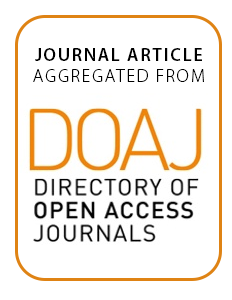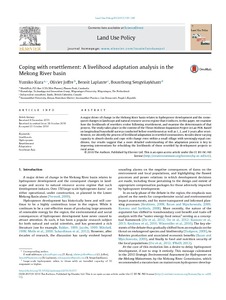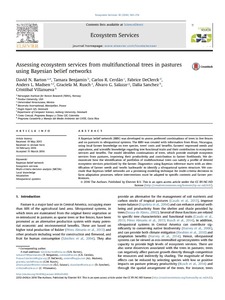Elsevier is a world-leading provider of information solutions that enhance the performance of science, health, and technology professionals.
All knowledge begins as uncommon—unrecognized, undervalued, and sometimes unaccepted. But with the right perspective, the uncommon can become the exceptional.
That’s why Elsevier is dedicated to making uncommon knowledge, common—through validation, integration, and connection. Between our carefully-curated information databases, smart social networks, intelligent search tools, and thousands of scholarly books and journals, we have a great responsibility and relentless passion for making information actionable.
Members:
Resources
Displaying 76 - 80 of 1605Should big cities grow? Scenario-based cellular automata urban growth modeling and policy applications
The formation of ‘Urban Networks’ has become a wide-spread phenomenon around the world. In the study of metropolitan regions, there are competing or diverging views about management and control of environmental and land-use factors as well as about scales and arrangements of settlements. Especially in China, these matters alongside of regulatory aspects, infrastructure applications, and resource allocations, are important because of population concentrations and the overlapping of urban areas with other land resources.
Coping with resettlement: A livelihood adaptation analysis in the Mekong River basin
tA major driver of change in the Mekong River basin relates to hydropower development and the conse-quent changes in landscape and natural resource access regime that it induces. In this paper, we examinehow the livelihoods of resettlers evolve following resettlement, and examine the determinants of thatprocess. The study takes place in the context of the Theun Hinboun Expansion Project in Lao PDR. Basedon longitudinal household surveys conducted before resettlement as well as 1, 2, and 3 years after reset-tlement, we identify the process of livelihood adaptation in resettled communities.
Assessing ecosystem services from multifunctional trees in pastures using Bayesian belief networks
A Bayesian belief network (BBN) was developed to assess preferred combinations of trees in live fences and on pastures in silvopastoral systems. The BBN was created with information from Rivas, Nicaragua, using local farmer knowledge on tree species, trees' costs and benefits, farmers' expressed needs and aspirations, and scientific knowledge regarding tree functional traits and their contribution to ecosystem services and benefits.
Assessing ecosystem services from multifunctional trees in pastures using Bayesian belief networks
A Bayesian belief network (BBN) was developed to assess preferred combinations of trees in live fences and on pastures in silvopastoral systems. The BBN was created with information from Rivas, Nicaragua, using local farmer knowledge on tree species, trees' costs and benefits, farmers' expressed needs and aspirations, and scientific knowledge regarding tree functional traits and their contribution to ecosystem services and benefits.
influence of rapid urbanization and land use changes on terrestrial carbon sources/sinks in Guangzhou, China
Complex changes in carbon sources and sinks caused by rapid urbanization have been observed with extensive changes in the quantity, structure, and spatial pattern of land use types. Based on the modified Carnegie-Ames-Stanford Approach model and on gray relational analysis, we analyzed the influence of land use changes on carbon sinks and emissions in Guangzhou from 2000 to 2012. The aim was to identify suitable options for built-up land expansion that would allow for minimal carbon losses.





